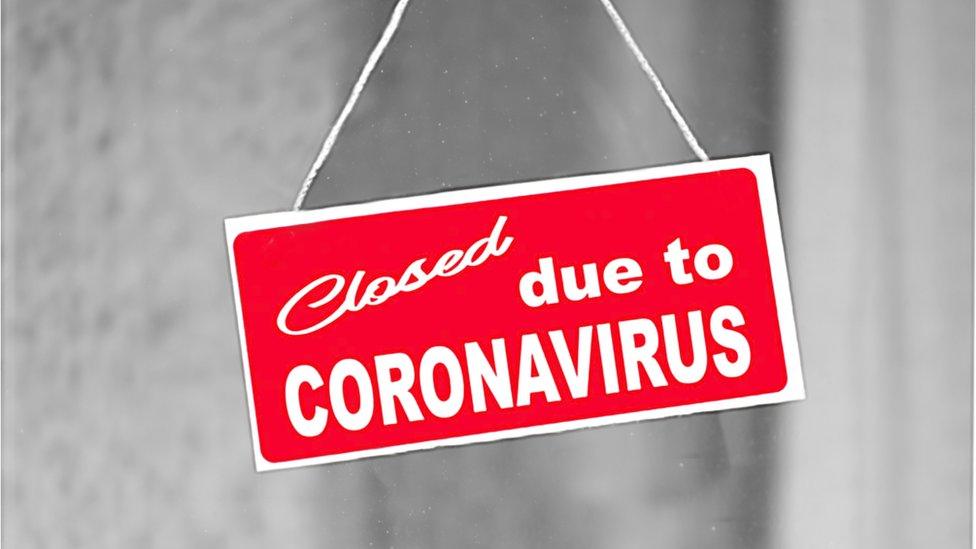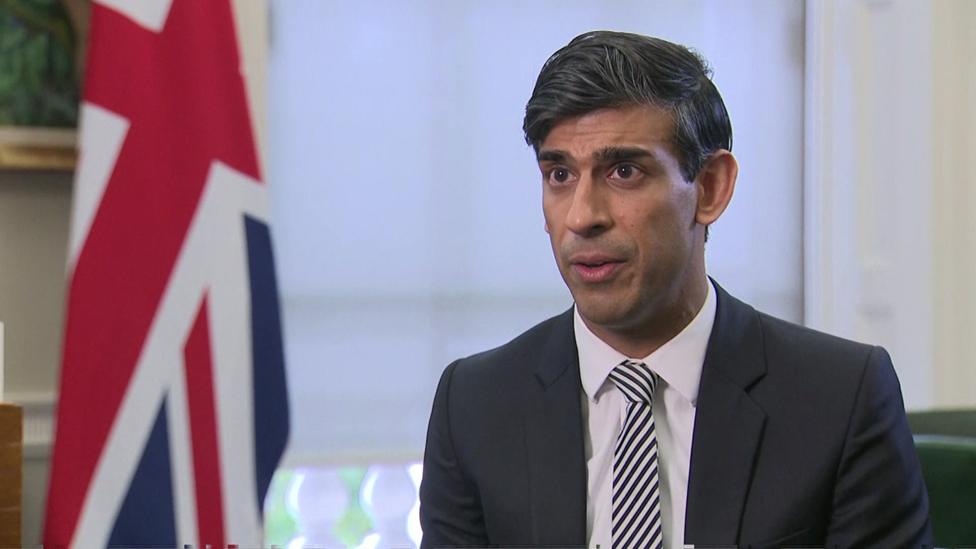'Hasty' furlough scheme 'left room for fraud' say MPs
- Published
- comments

Rushed-through coronavirus aid may have led to the loss of billions of pounds of taxpayers' money through fraud and error, MPs have warned.
There was an "astonishing lack of economic planning for a pandemic" which led to "hastily drawn up economic support schemes", the Commons Public Accounts Committee said.
That meant "unacceptable room for fraud against taxpayers," it added.
But the government said the schemes "had provided a lifeline to millions".
"We make no apology for the speed at which they were delivered," a spokesman said, adding that the government had rejected "thousands of fraudulent claims". "Without them lives would have been ruined."
Since the spring, the government has approved billions in spending and tax cuts to cushion the economy from the effects of the pandemic, including discounts to encourage dining out and income support for furloughed workers.
The furlough scheme, which is due to finish at the end of October, was designed to pay 80% of the wages of employees at firms hit by the pandemic.
According to the latest figures, it sent £39.3bn to 1.2 million employers to the 20 September.
But a recent estimate by Her Majesty's Revenue and Customs (HMRC) suggested that up to 10% of the money delivered by the scheme to mid-August - £3.5bn - may have been paid out in fraud or error.
The Commons Public Accounts Committee, which reviews government expenditure, described the figure as "very worrying".
The government should have been better prepared for the economic fall-out from the coronavirus outbreak, as a pandemic had been top of the national risk register for years, Committee chair Meg Hillier said
"Our finding of the astonishing lack of economic planning for a pandemic shows how the unacceptable room for fraud against taxpayers was allowed into the government's hastily drawn up economic support schemes," she said.
"I would like to see the government publish a list of the companies which received furlough money. Where taxpayers money is being used, transparency should be a given."
The committee also said when the outbreak occurred, HMRC switched staff from frontline tax collection activities to guiding taxpayers through the various Covid support schemes. But that has hurt the government's ability to collect revenue.
HMRC has estimated the revenue it collected through its compliance work in the first three months of the tax year 2020-21 was down 51% on the same period the previous year, and warned the sums may never be recovered.
The committee said HMRC had administered the tax system based on the assumption that that the "vast majority" of taxpayers would be able to meet their obligations and that only a "few exceptions" would need to be pursued for non-compliance.
It said HMRC recently started issuing penalties for people not filing tax returns, because there has been a drop in the numbers being filed.
- Published26 March

- Published9 October 2020
